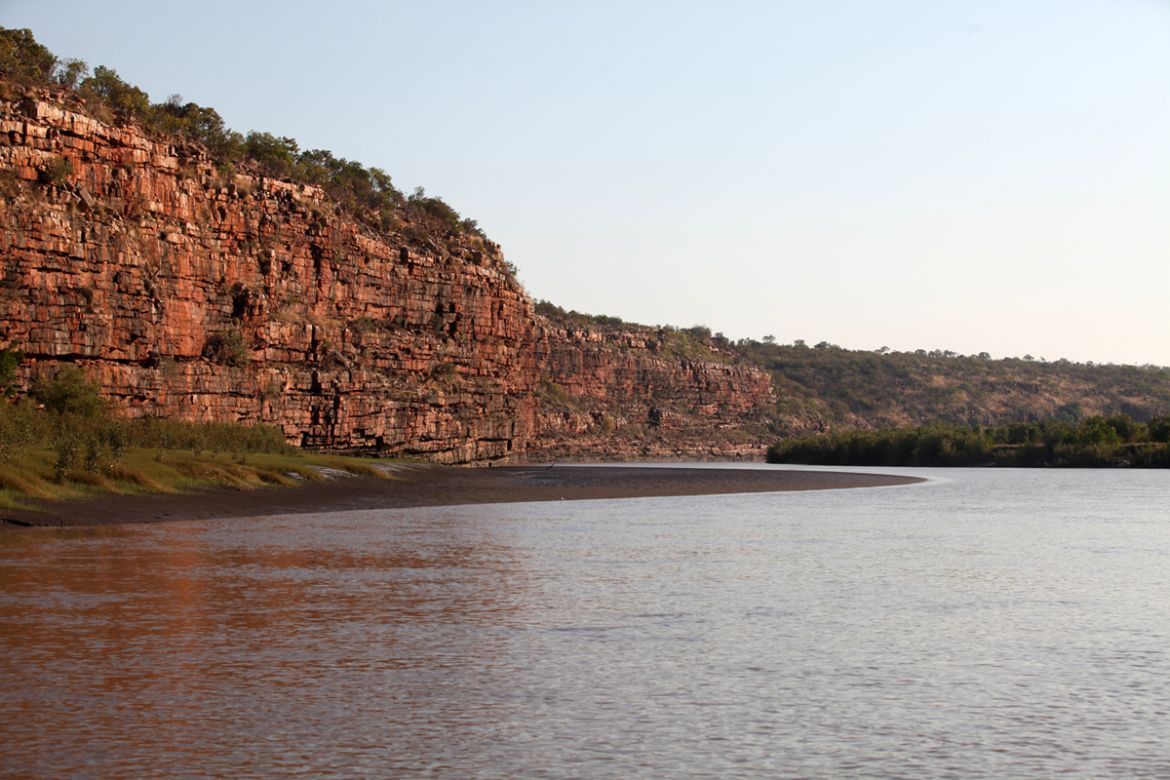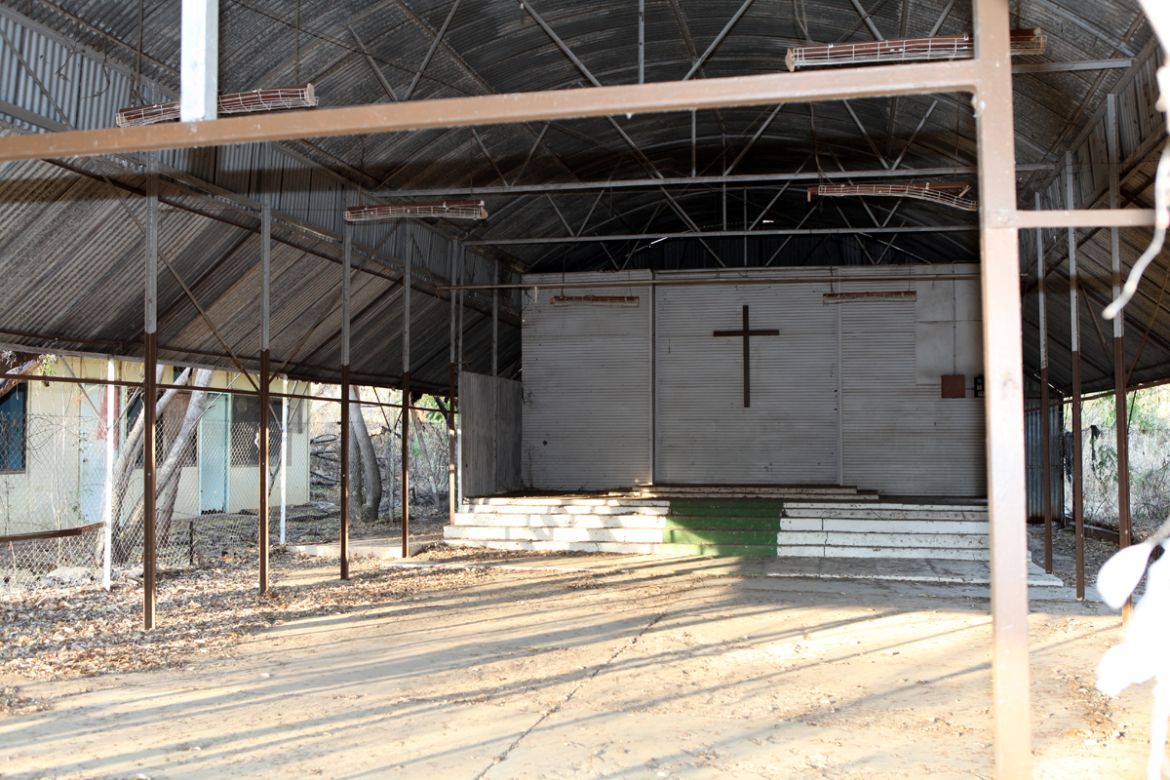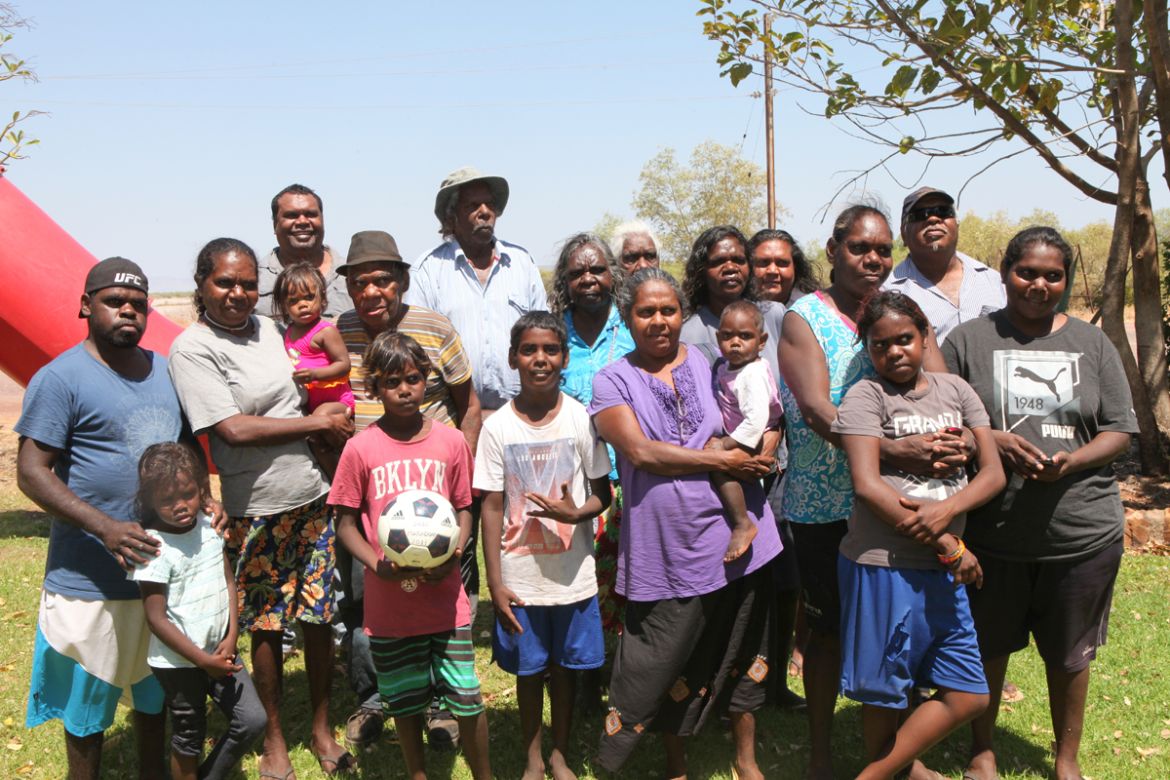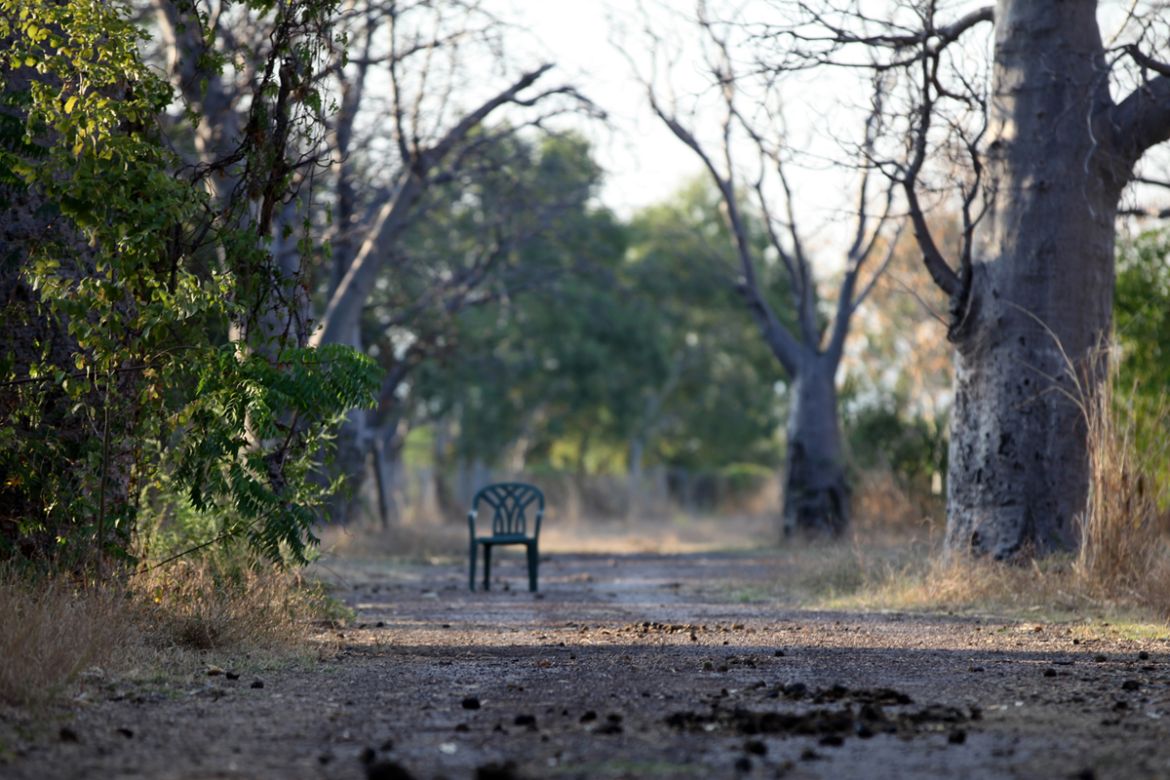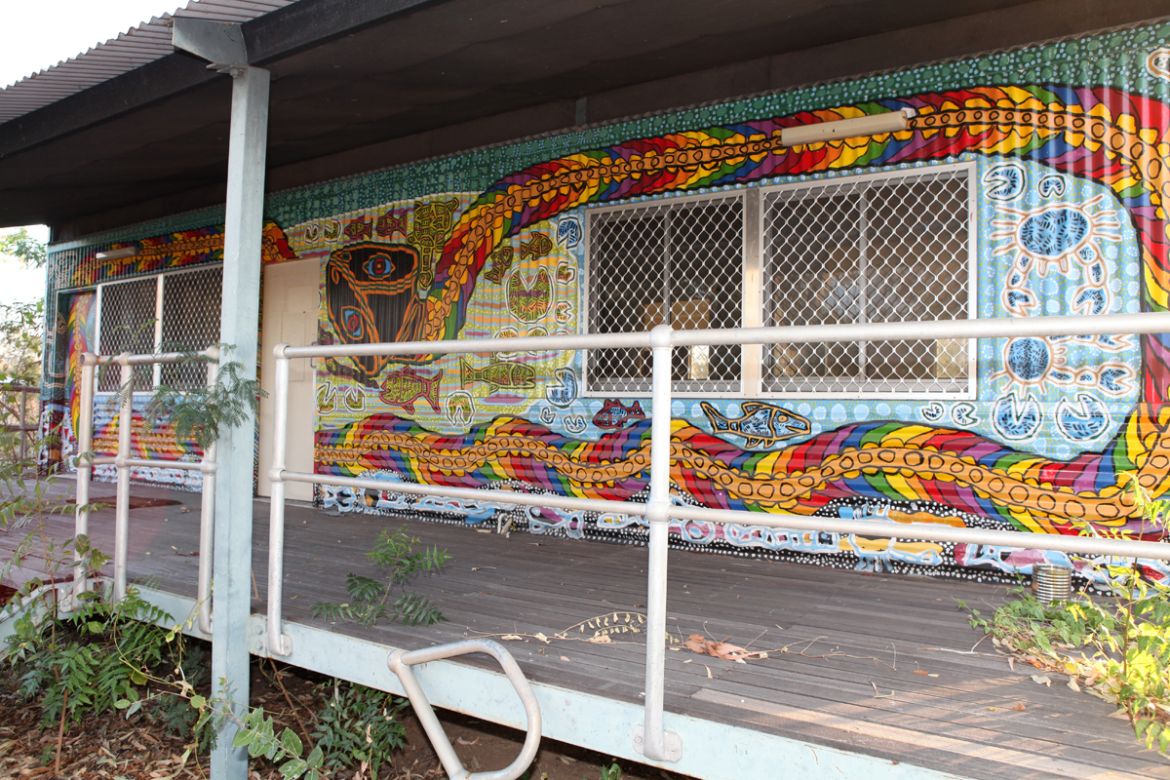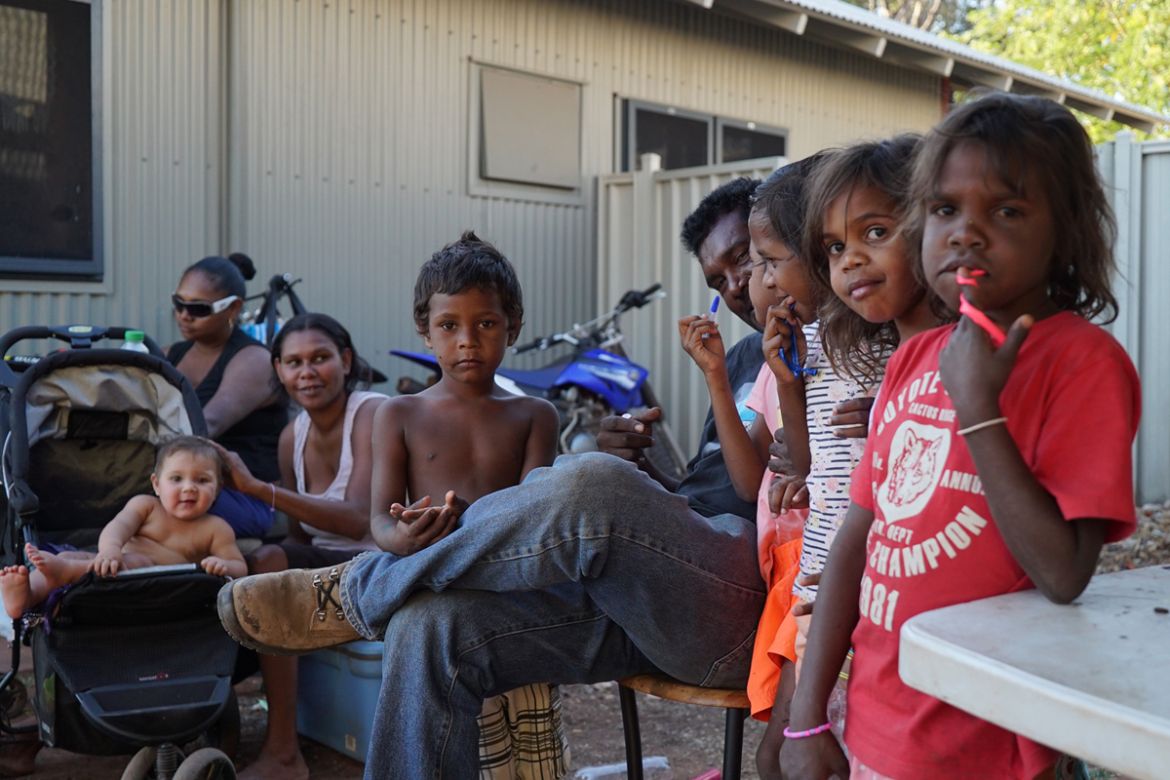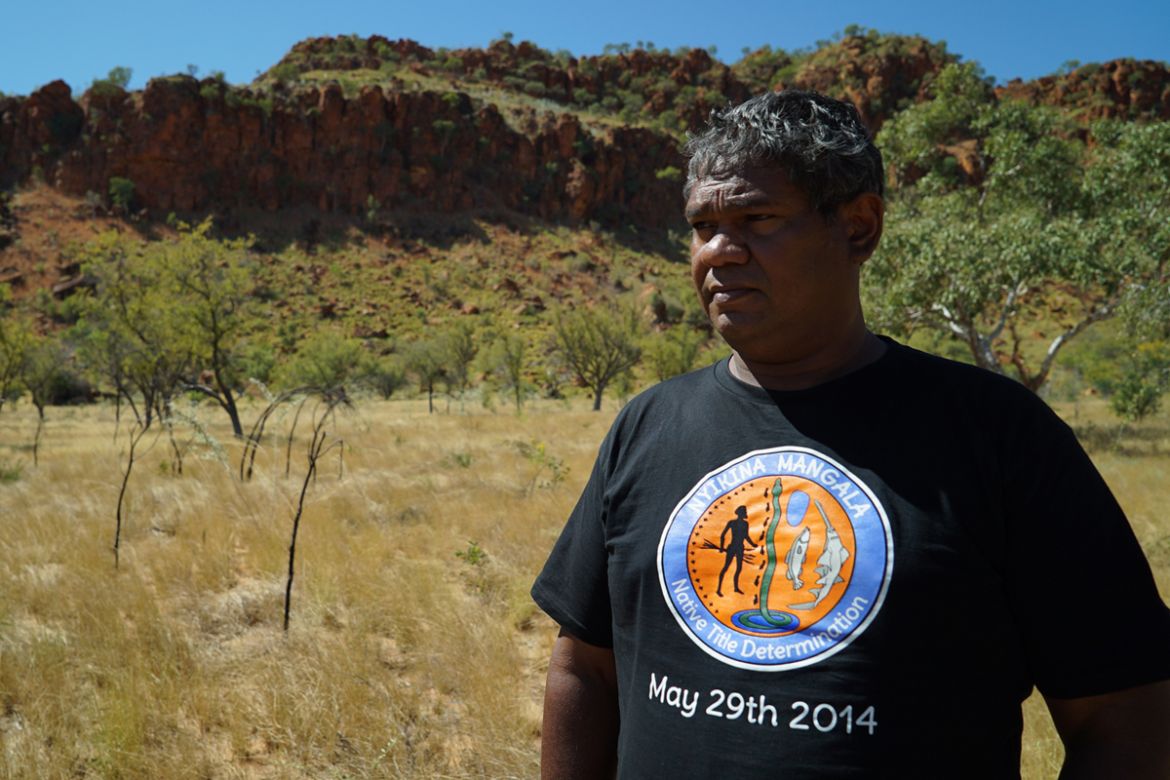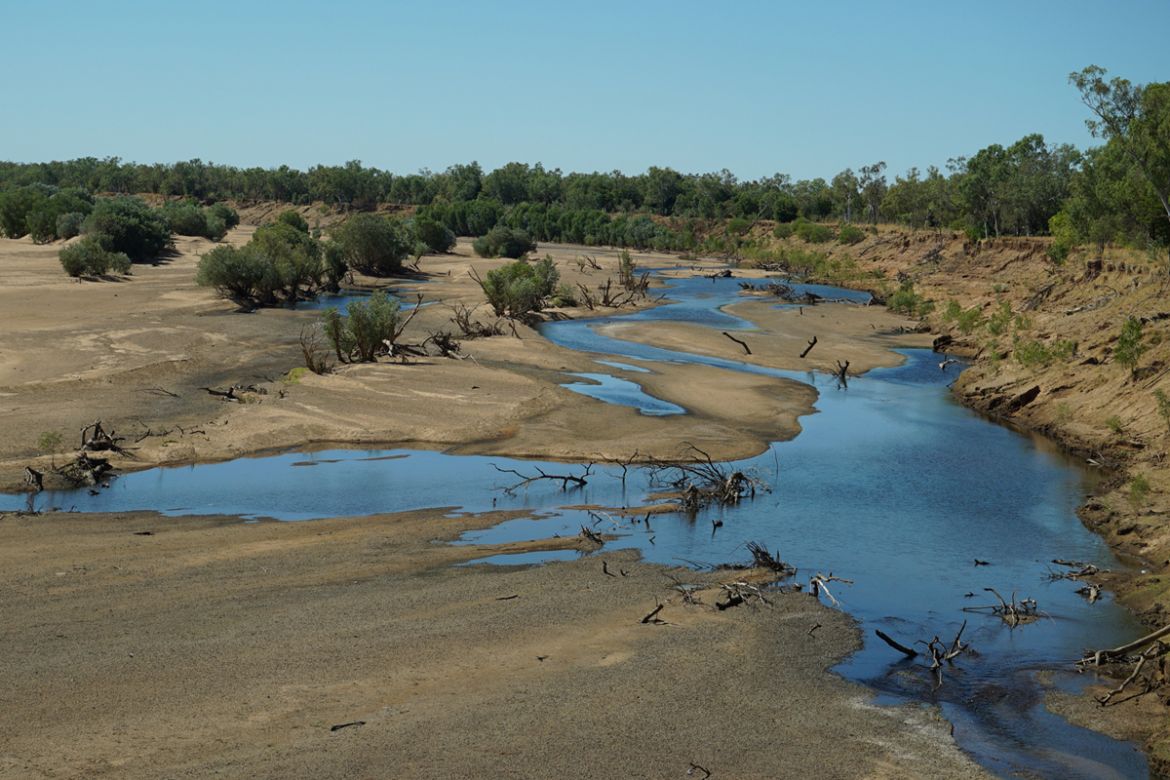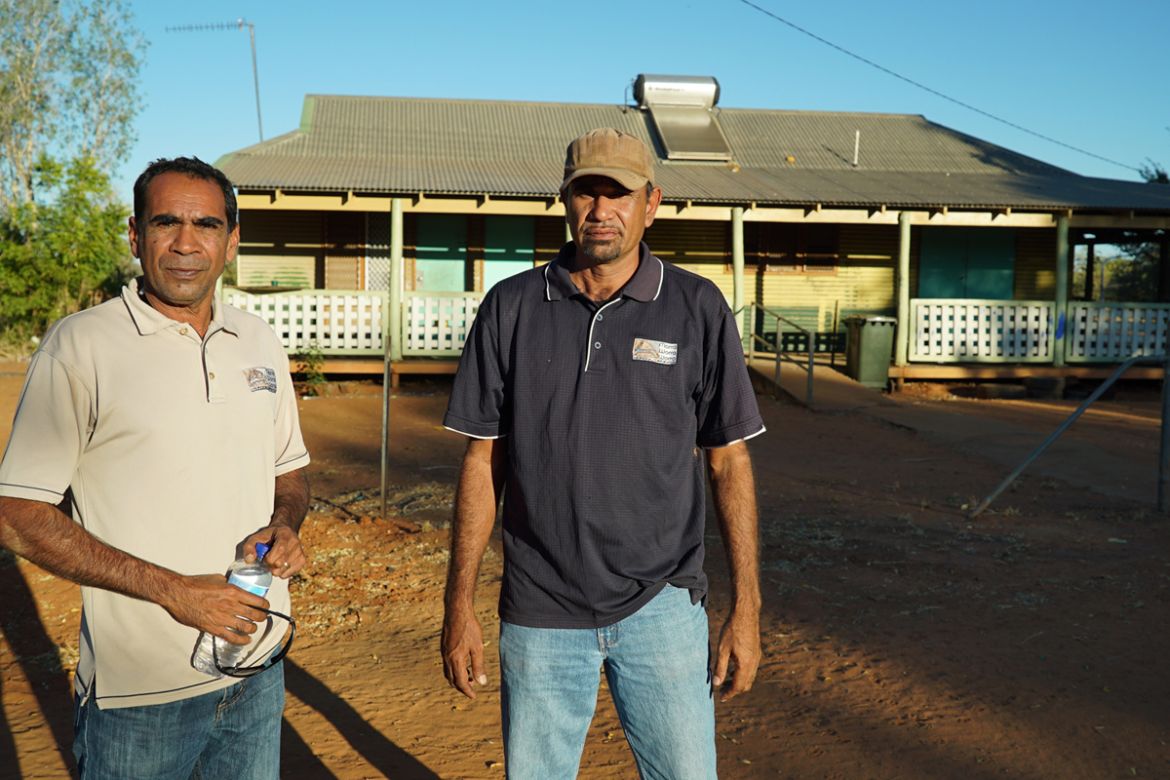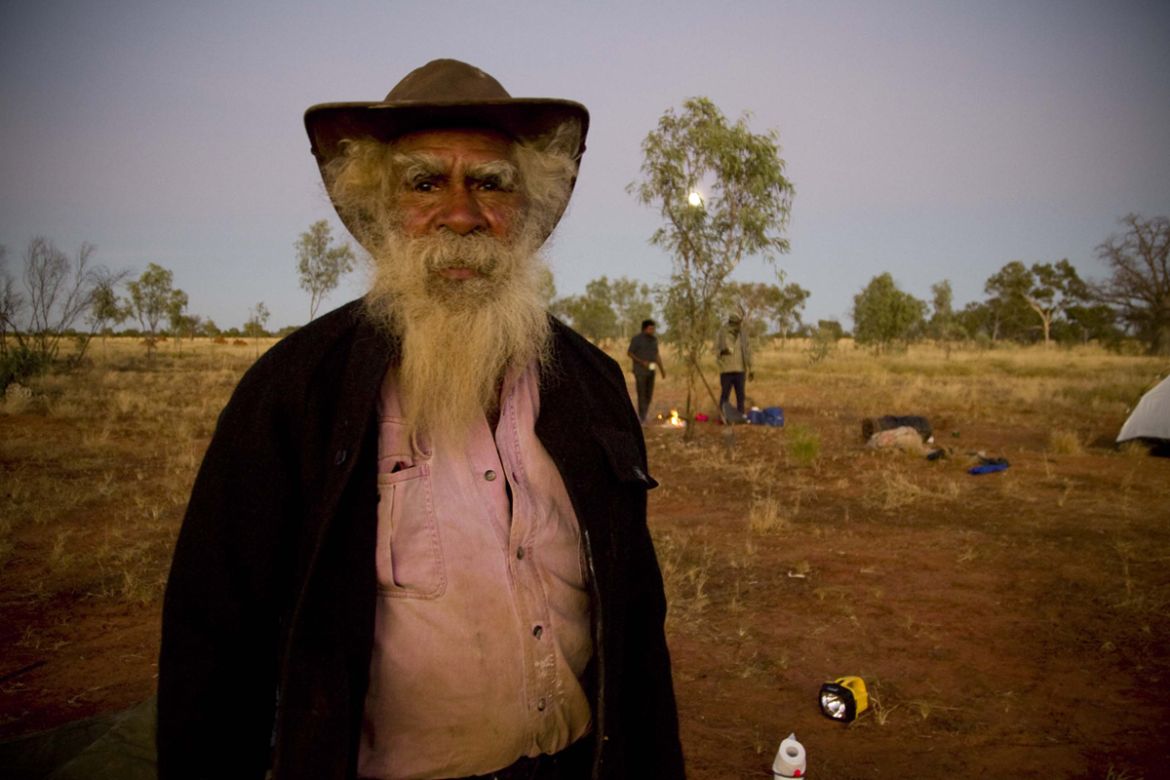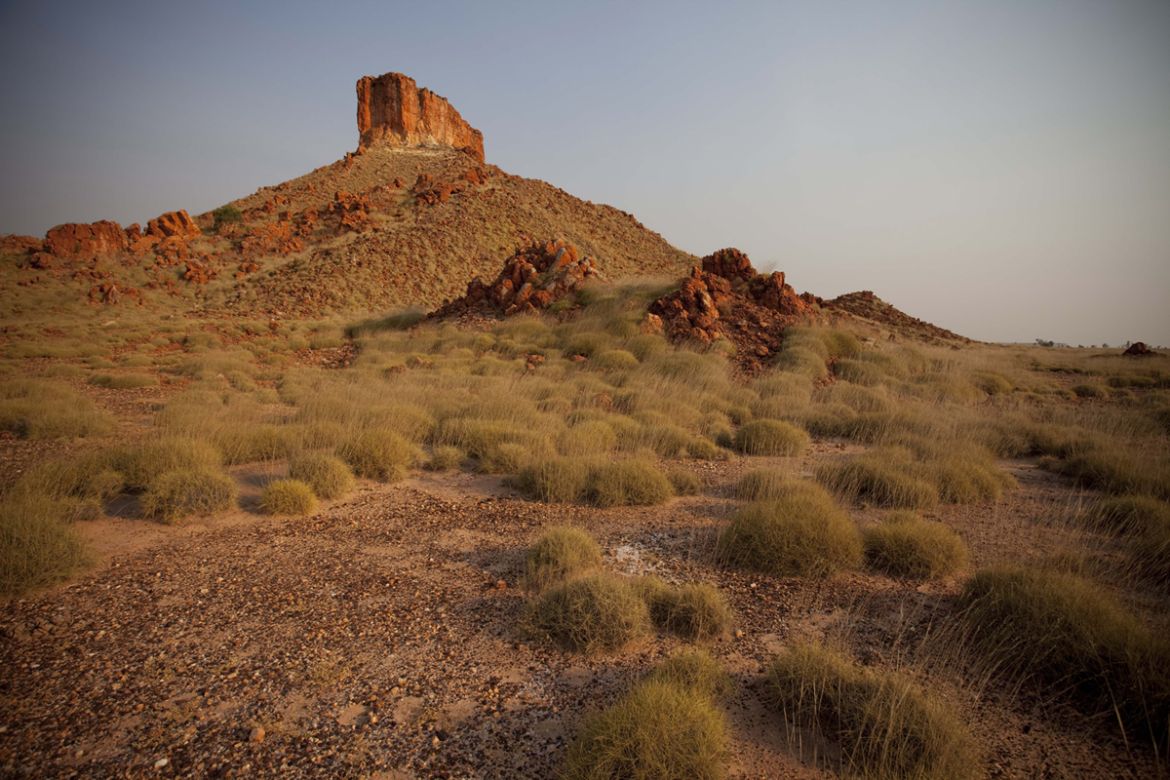In Pictures
Indigenous Australians may soon lose ancestral land
Facing the biggest threat to their way of life in decades, indigenous communities may be forced off their homelands.
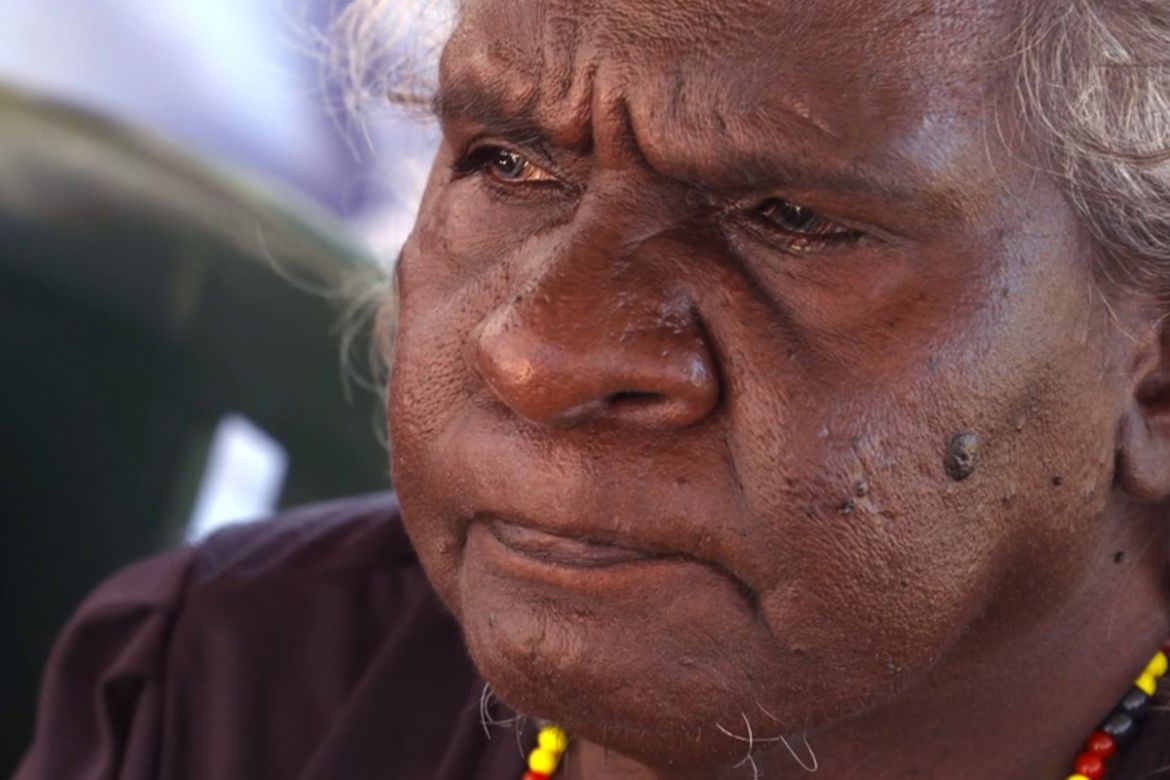
Western Australia, Australia – The arid, rural territory of Western Australia is home to over 270 remote indigenous Australian communities that live on their ancestral land. This land has sustained the oldest living culture for over 50,000 years and carries deep spiritual and cultural significance for the people living there today.
Yet many of these communities are now under threat. They may soon be shut down by the state government, and hundreds of Aborigines could be forced to leave terrain they consider sacred and which is integral to their way of life.
In November 2014, the state premier, Colin Barnett, said the Western Australian government planned to cut essential services to up to 150 of these communities. The government says maintaining them is too costly, but they also say their closure will help tackle social problems like substance abuse, alcoholism, domestic violence and the sexual abuse of children, which they claim is widespread across indigenous communities.
Aboriginal leaders and human rights organisations say the communities have a right to stay on their land and accuse the government of racism.
Critics say the government’s plans are yet another example of politicians excluding the Aboriginal people from the decision-making processes that will affect their future and that the plan will only exacerbate the problems that affect these fragile societies. Indigenous leaders say community reforms must be led by their own people.
RELATED: Shutting down Australia’s Aboriginal areas
This isn’t the first time the Western Australian government tried to address social ills by shutting down communities.
Oombulgurri, in the state’s north, was gradually closed after a coronial inquiry found high rates of domestic violence, child sexual abuse and alcoholism. First the shop went, then the health centre, which forced the sick and elderly to move away, and then the school. The last remaining residents were evicted in 2011.
Most of the buildings were bulldozed in November 2014. The site remains home to several sacred, ancient, Aboriginal sites.
Since its closure, most of the children who lived there have not returned to school, and youth suicides – cited by the government as a reason to close the town – have increased.
A 2011 Amnesty report found that the mortality rate for Aboriginal people living in urban areas was far higher than those living on ancestral lands. Some of Oombulgurri’s former residents are now homeless.
While the future of Western Australia’s indigenous communities remains uncertain, Aboriginal community organisers say the closure of these communities will bring social chaos and looking back on past policies, this plan could augur yet another lost generation of indigenous Australians.
For more: 101 East meets the indigenous people facing the closure of their communities in “Waiting for Eviction.”
